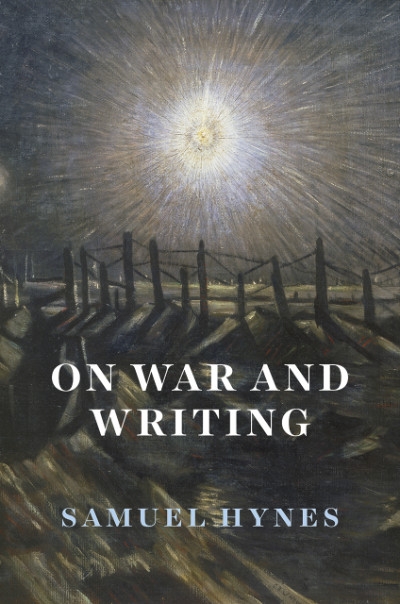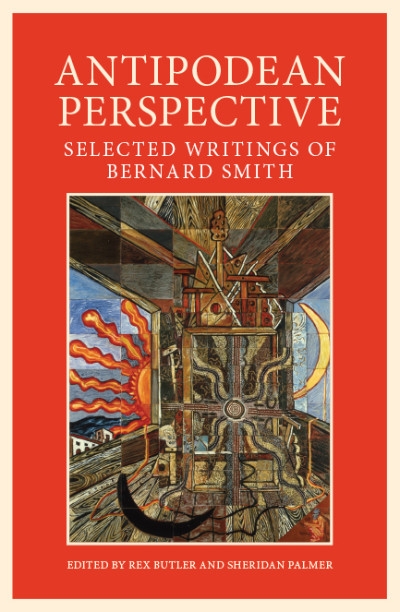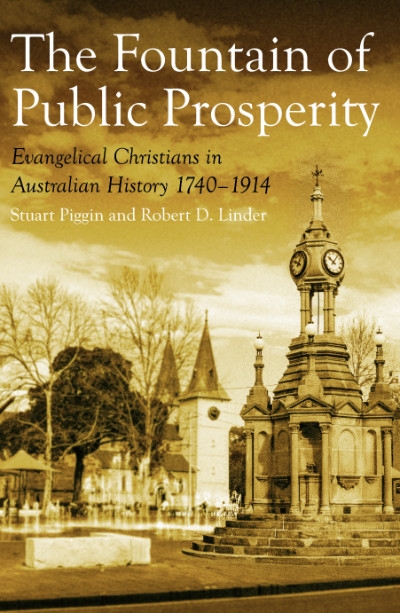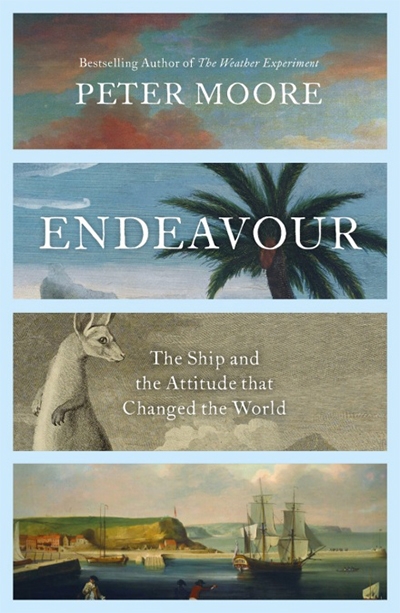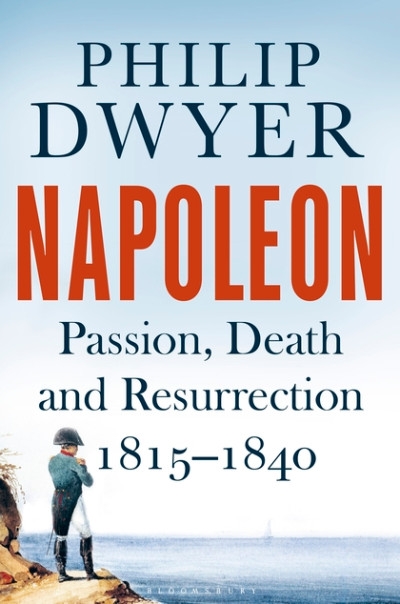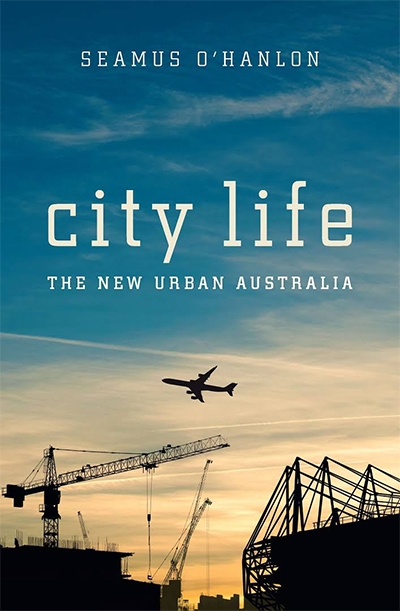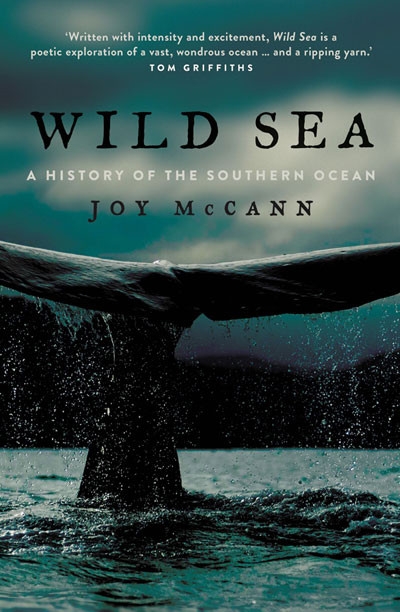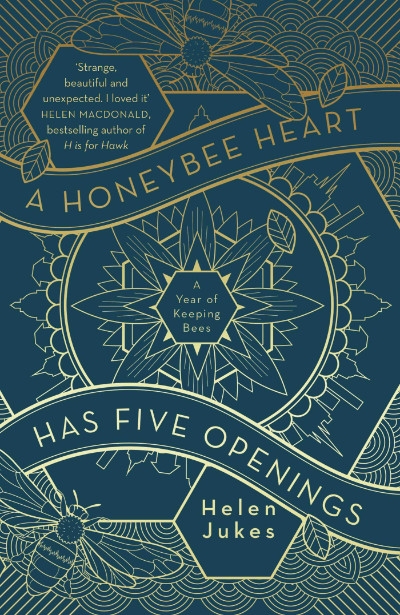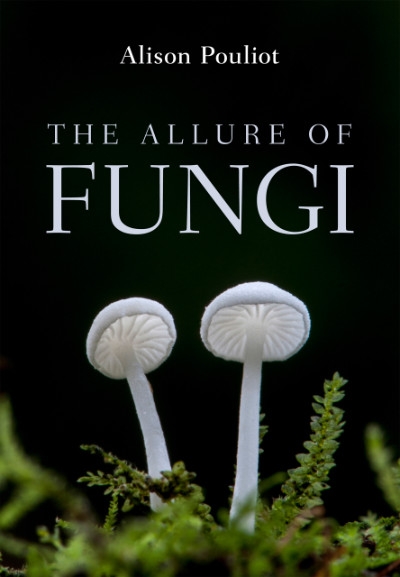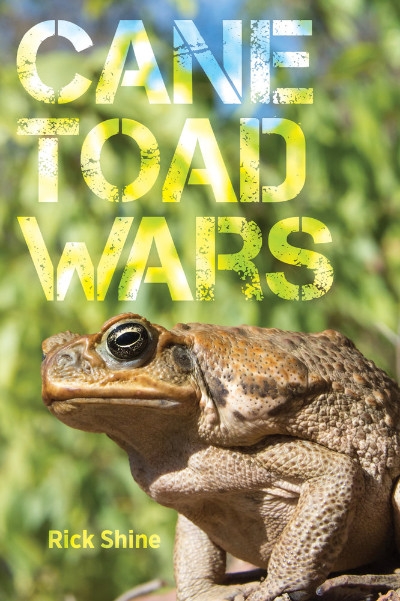Non Fiction
'Every man thinks meanly of himself for not having been a soldier.’ Samuel Johnson’s aphorism was commended to me many years ago by Peter Ryan, then the long-serving publisher at Melbourne University Press. The author of a superb personal account of his war experience ...
... (read more)Antipodean Perspective: Selected Writings of Bernard Smith edited by Rex Butler and Sheridan Palmer
The editors begin their introduction to Antipodean Perspective with some ground clearing: ‘The putting together of a series of responses to an important scholar’s work is a classic academic exercise. It is undoubtedly a worthy, but also necessarily a selective undertaking. In German it is called a Festschrift …
... (read more)The Fountain of Public Prosperity: Evangelical Christians in Australian History 1740–1914 by Stuart Piggin and Robert D. Linder
Mythology, Manning Clark regularly assured us, was our ‘great comforter’ because it explained creation, evil, and our place in the world. According to Clark, three ‘mythologies’ were dominant in the formation of non-Indigenous Australia: Protestantism, Catholicism, and the Enlightenment ...
... (read more)Endeavour: The Ship and the Attitude that Changed the World by Peter Moore
In 1786, extraordinary limewood carvings at Hampton Court near London by the seventeenth-century master Grinling Gibbons were destroyed by fire. A recent book by the American carver David Esterly, The Lost Carving: A journey to the heart of making (2012), describes his own ...
... (read more)Napoleon: Passion, death and resurrection 1815–1840 by Philip Dwyer
A son of the French Revolution, Napoleon embedded in French society the Revolution’s core goals of national unity, civil equality, a hierarchy based on merit and achievement, and a rural society based on private property rather than feudal obligations. To these he added the Civil Code ...
... (read more)Afew years ago, while taking a tram through Melbourne’s inner-northern suburbs, I decided to visit the Northcote factory – an industrial laundry – where my father worked as a storeman between 1973 and 1982. Or rather, I thought I’d check to see whether the business was still there ...
... (read more)Icebergs loom large in Joy McCann’s Wild Sea: A history of the Southern Ocean. They are one of the most recognisable features of the higher latitudes of the Southern Ocean and the one that people often look forward to the most when voyaging south for the first time. Ice gets its own chapter ...
... (read more)A Honeybee Heart Has Five Openings: A year of keeping bees by Helen Jukes
The eighteenth-century Swiss naturalist François Huber (1750–1831), who is still credited with much of what we know about bees, was almost completely blind when he made his acute ‘observations’ and significant discoveries. Huber studiously recorded the queen bee’s ‘nuptial flight’ ...
... (read more)Of all the forms of life historically divided into kingdoms, only two – plants and animals – have attracted large bands of human followers. Entire organisations and university departments are devoted to understanding, controlling, and conserving plants and animals, and our cultural domains ...
... (read more)Cane Toads are peculiarly Australian. They don’t belong, yet they thrive here. They breed unnaturally fast – even faster than rabbits. They are ugly, ecosystem-changing, and despised. Introduced in 1935 to eat the pests of sugar cane in Queensland, their numbers have exploded right across Australia’s ...
... (read more)
